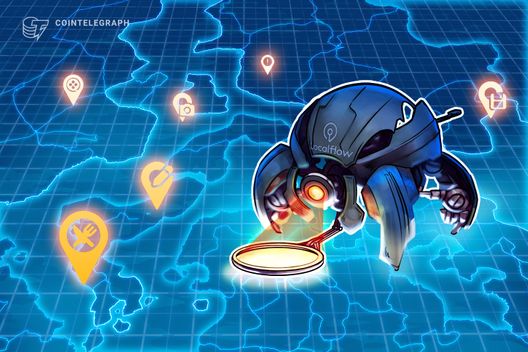Solana developers share 3 key mitigation steps to make the network robust
Developers have suggested changing Solana’s current data transfer protocol UDP to QUIC, stake-weighted transaction processing and a fee-based transaction priority.
293 Total views
4 Total shares

The Solana network faced its seventh outage on Saturday, resulting in a downtime of over seven hours. The developer team has come out with an outage report, along with three key mitigation steps to make the network more stable.
The network outage on Solana was caused by a significant surge in the number of transactions due to nonfungible token (NFT) minting bots. The bots used Candy Machine, a popular application used by Solana NFT projects to launch collections.
The transaction volume reached six million per second, overflowing individual nodes with 100 Gbps data. As a result, validators ran out of data memory, leading to a loss of consensus among them.
The developers ruled out distributed denial of service (DDoS) attacks and blamed NFT minting bots for the congestion. The network came online at 3:30 am UTC on Sunday.
The official report highlighted three key mitigation steps that are in work to make the Solana network more resilient against such congestion issues. The first major step is to move from its current data transfer protocol called user datagram protocol (UDP) to Google-developed quick UDP internet connection (QUIC). QUIC offers fast asynchronous communication like UDP, but with sessions and flow control like transmission control protocol.
The second key step is the integration of stake-weighted transaction processing instead of its current first-come-first-serve basis. The developers claimed a stake-weighted transaction processing along with QUIC would be more robust.
The third mitigation step is to introduce “fee-based execution priority,” where users would have the option to add an additional fee on top of the base fee. The fee prioritization is set for the v1.11 release.
Related: Solana DAOs can now bug you to vote with phone calls and texts
Apart from the Solana network outage, an even bigger controversy was the beta cluster restart instructions, reportedly issued by validator operators. The said instructions asked validators to block NFT minting bots manually at the layer-1 layer.

However, Solana’s head of communication Austin Federa said that the majority of validators kept their distance from censoring and a new update is being introduced on the Candy Machine with additional anti-bot features.
This is factually inaccurate – for starters these instructions weren’t issued by Solana Foundation.
Second, very few validators have adopted this.
Third, @metaplex is deploying an update to Candy Machine with additional anti-botting.
— Austin Federa (@Austin_Federa) May 1, 2022









